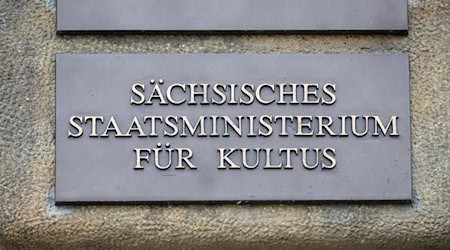In Saxony, the proportion of first-year students without Abitur has risen. 316 first-semester students without a general higher education entrance qualification or entrance qualification for universities of applied sciences started a degree course in the state in 2022, according to an analysis published on Tuesday by the Center for Higher Education Development (CHE) in Gütersloh. According to the study, they accounted for 1.8 percent of first-semester students. This puts Saxony in 14th place in a state comparison, one of the lowest places. In 2012, the proportion was 0.5 percent (104 students), putting Saxony in 15th place. 270 first-year students without an Abitur were counted in 2021, compared to 318 in 2020.
Those who want to study without an Abitur or Fachhochschulreife can apply for a place after completing vocational training and providing proof of professional experience.
The proportion of enrolled students without an Abitur in Saxony was 1.2 percent (1210 students). This is one of the lowest figures in the federal states. The proportion of graduates (301 students) was higher at 1.5 percent.
According to the data, the number of first-semester students nationwide without a general higher education entrance qualification or entrance qualification for universities of applied sciences fell for the first time from around 16,000 in 2021 to just under 13,000 in 2022. The CHE sees several reasons for this. According to Sigrun Nickel, Head of Higher Education Research at CHE, there has been an overall decline in the number of first-semester students. In addition, the after-effects of corona and increased costs due to inflation could also have influenced the development of studies without an Abitur. The CHE is supported by the Bertelsmann Stiftung and the German Rectors' Conference of the Federal States.
Copyright 2024, dpa (www.dpa.de). All rights reserved










